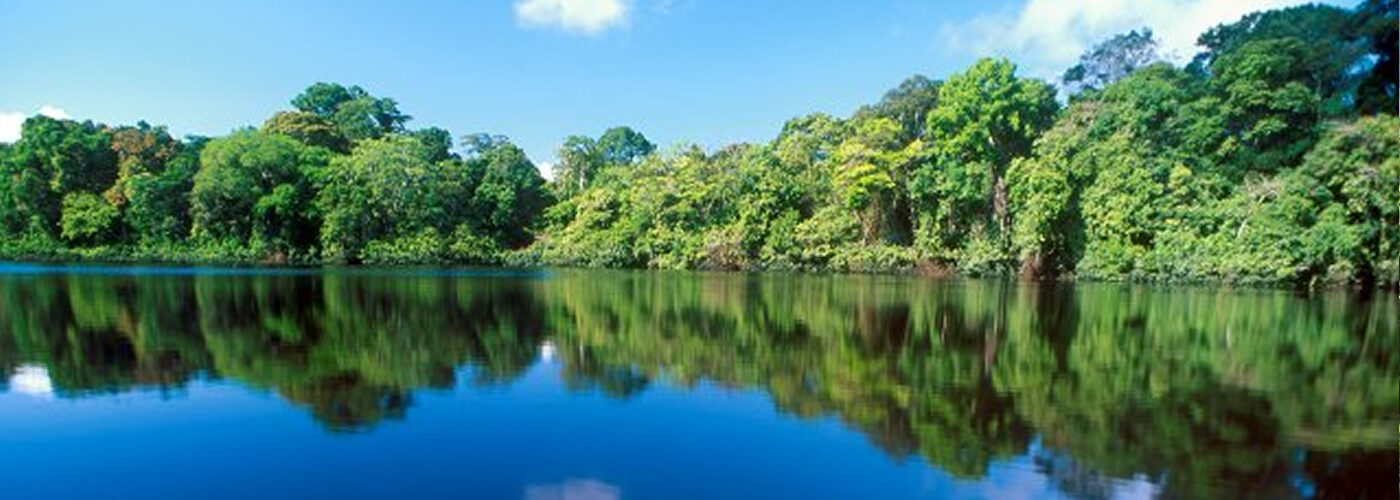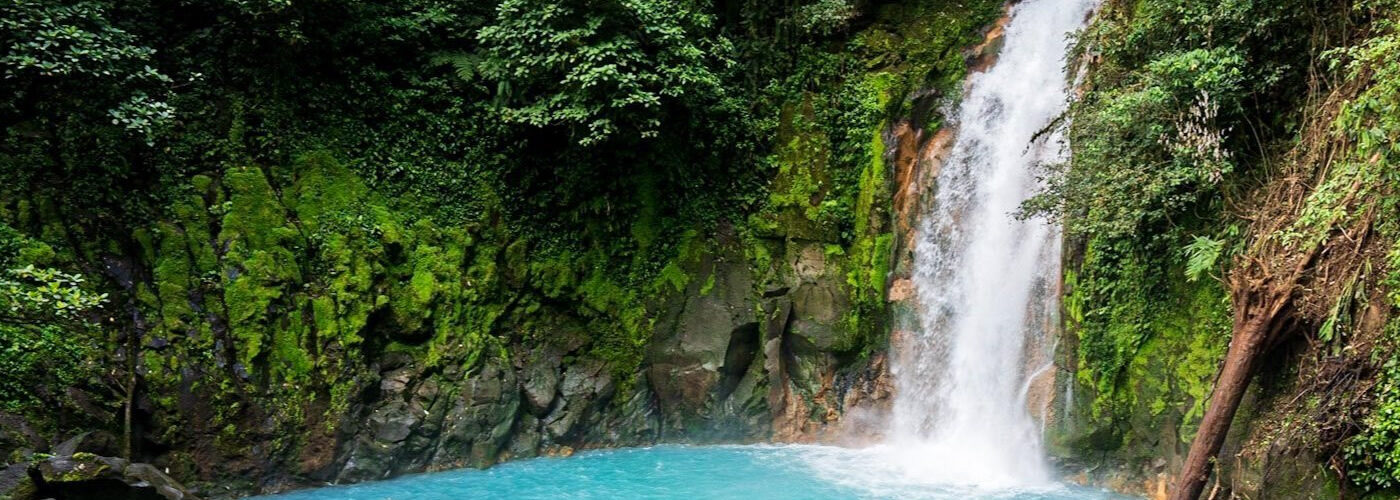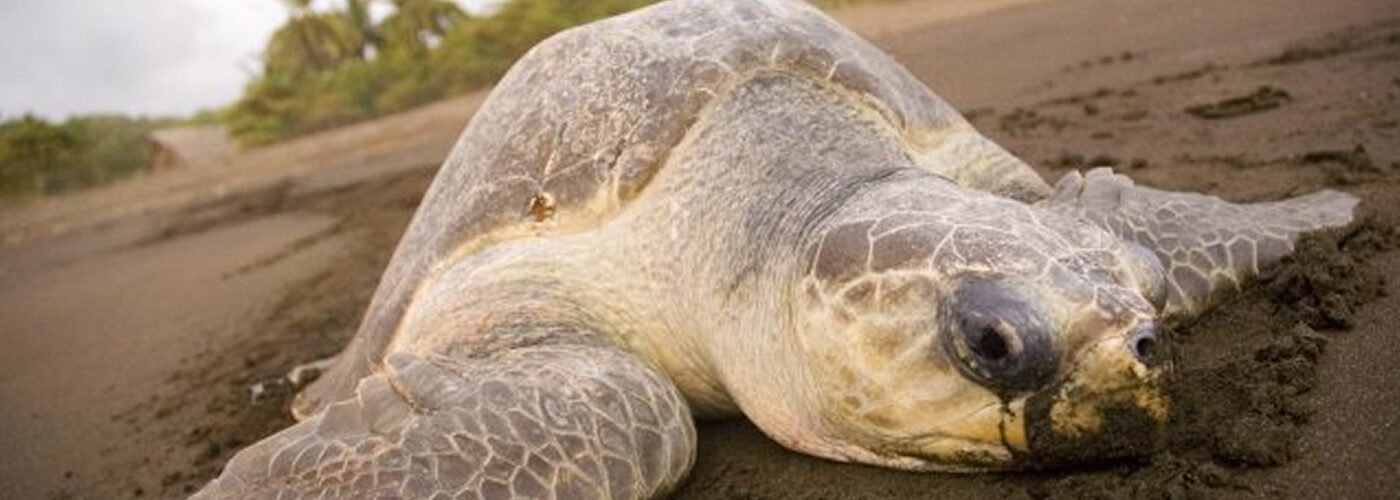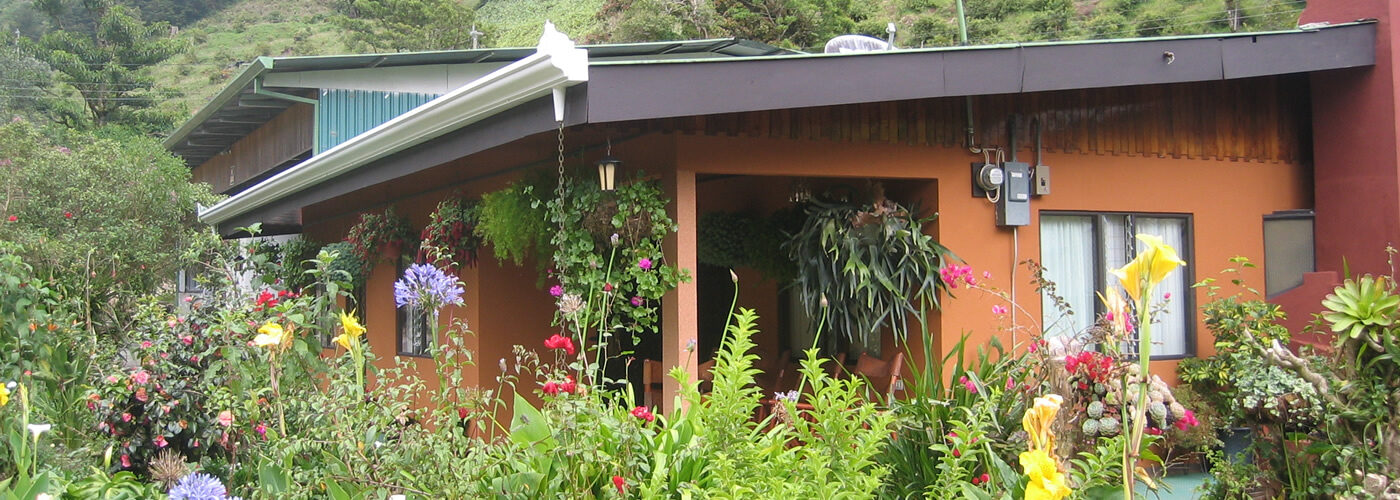Welcome to the Embassy of Costa Rica in Kenya
The Embassy of Costa Rica in Kenya is part of the Ministry of Foreign Affairs and Worship of Costa Rica. The Embassy coordinates and manages matters of politics, commerce, tourism, education, health and international relations between both countries and concurrent embassies.………read more






🇨🇷𝐂𝐨𝐬𝐭𝐚 𝐑𝐢𝐜𝐚 𝐩𝐫𝐞𝐬𝐢𝐝𝐞 𝐫𝐞𝐮𝐧𝐢𝐨́𝐧 𝐝𝐞𝐥 𝐜𝐚𝐩𝐢́𝐭𝐮𝐥𝐨 𝐍𝐚𝐢𝐫𝐨𝐛𝐢 𝐝𝐞𝐥 𝐆𝐫𝐮𝐩𝐨 𝐝𝐞 𝐀𝐦𝐞́𝐫𝐢𝐜𝐚 𝐋𝐚𝐭𝐢𝐧𝐚 𝐲 𝐞𝐥 𝐂𝐚𝐫𝐢𝐛𝐞 (𝐆𝐑𝐔𝐋𝐀𝐂) 𝐜𝐨𝐧 𝐥𝐚 𝐝𝐢𝐫𝐞𝐜𝐭𝐨𝐫𝐚 𝐞𝐣𝐞𝐜𝐮𝐭𝐢𝐯𝐚 𝐝𝐞𝐥 𝐏𝐫𝐨𝐠𝐫𝐚𝐦𝐚 𝐝𝐞 𝐥𝐚𝐬 𝐍𝐚𝐜𝐢𝐨𝐧𝐞𝐬 𝐔𝐧𝐢𝐝𝐚𝐬 𝐩𝐚𝐫𝐚 𝐞𝐥 𝐌𝐞𝐝𝐢𝐨 𝐀𝐦𝐛𝐢𝐞𝐧𝐭𝐞🌎
La Misión Permanente de Costa Rica ante el Programa de las Naciones Unidas para el Medio Ambiente (PNUMA) lideró un encuentro de alto nivel entre los países latinoamericanos y caribeños con la jerarca del PNUMA, Inger Andersen.
Durante el intercambio presidido por la embajadora Verónica García, la directora expuso sus consideraciones sobre los resultados de la sétima sesión de la Asamblea de las Naciones Unidas sobre el Medio Ambiente (UNEA-7), resaltó las contribuciones que el PNUMA está proporcionando a la Iniciativa ONU80, agradeció las contribuciones predecibles y consistentes de la mayoría de los países de la región, incluyendo Costa Rica, dada la complicada situación financiera por la que atraviesan las entidades multilaterales.
La Delegación costarricense, entre otros, saludó la consecución del balance de género dentro de la estructura del personal y reiteró que el conocimiento científico debe seguir siendo la piedra angular de los trabajos de la organización. Asimismo, recordó que PNUMA es el foro preeminente de gobernanza ambiental multilateral, así como la autoridad neutral más confiable en cuestiones medioambientales.🌱✨
————————
🇨🇷𝐂𝐨𝐬𝐭𝐚 𝐑𝐢𝐜𝐚 𝐜𝐡𝐚𝐢𝐫𝐬 𝐆𝐑𝐔𝐋𝐀𝐂 𝐍𝐚𝐢𝐫𝐨𝐛𝐢 𝐂𝐡𝐚𝐩𝐭𝐞𝐫 𝐦𝐞𝐞𝐭𝐢𝐧𝐠 𝐰𝐢𝐭𝐡 𝐭𝐡𝐞
𝐔𝐧𝐢𝐭𝐞𝐝 𝐍𝐚𝐭𝐢𝐨𝐧𝐬 𝐄𝐧𝐯𝐢𝐫𝐨𝐧𝐦𝐞𝐧𝐭 𝐏𝐫𝐨𝐠𝐫𝐚𝐦𝐦𝐞 (𝐔𝐍𝐄𝐏)🌎
𝐄𝐱𝐞𝐜𝐮𝐭𝐢𝐯𝐞 𝐃𝐢𝐫𝐞𝐜𝐭𝐨𝐫!
The Permanent Mission of Costa Rica to the United Nations Environment Programme (UNEP) facilitated a high-level dialogue between the Latin American and Caribbean Group (GRULAC) and the head of UNEP, Inger Andersen.
During the exchange, presided over by Ambassador Verónica García, the Executive Director shared her perspectives on the outcomes of the seventh session of the United Nations Environment Assembly (UNEA-7). She highlighted UNEP’s ongoing contributions to the UN80 Initiative and expressed gratitude for the predictable and consistent financial support provided by most countries in the region, including Costa Rica, in light of the challenging financial landscape currently facing multilateral organizations.
The Costa Rican Delegation, amongst others, welcomed the attainment of gender parity within the organization’s staffing structure and reiterated that scientific knowledge must remain the cornerstone of UNEP’s work. Furthermore, underscored that UNEP is the preeminent forum for multilateral environmental governance, as well as the most trusted neutral authority on environmental matters.🌱✨ ... See MoreSee Less
0 CommentsComment on Facebook
Fruitful engagement between H.E. Ababu Namwamba and H.E. Verónica García Gutiérrez, Ambassador of Costa Rica to Kenya and the United Nations in Nairobi, on strengthening multilateral cooperation, UNON, and Nairobi’s role as a global hub for environmental diplomacy. Kenya and Costa Rica remain committed to multilateralism and South-South cooperation.
#Diplomacy #Multilateralism #EnvironmentalDiplomacy #SouthSouthCooperation ... See MoreSee Less
This content isn't available right now
When this happens, it's usually because the owner only shared it with a small group of people, changed who can see it or it's been deleted.3 CommentsComment on Facebook
Felicidades Embajadora. Éxitos para Costa Rica.
Felicidaded que alegria me da
❤️
... See MoreSee Less
0 CommentsComment on Facebook
Season Greetings
Happy holidays! ... See MoreSee Less
0 CommentsComment on Facebook
Costa Rica concluded its participation at #UNEA7, which adopted a Ministerial Declaration and 11 key resolutions on the global environmental agenda, including coral reef protection, sargassum management, artificial intelligence, among others.
The delegation held bilateral meetings with China, South Africa, and Egypt to advance environmental cooperation, technical capacity building, and exchanges on biodiversity, sustainable resource management, and green innovation.
At the multilateral level, Costa Rica engaged in high-level discussions on desertification, drought, food security, water governance, and progress toward a global plastics agreement, and co-sponsored an event with Morocco on innovation for climate resilience. During the closing ceremony, Costa Rica reaffirmed its commitment to effective multilateralism, science-based decision-making, and strengthening UNEP. ... See MoreSee Less
0 CommentsComment on Facebook
The Costa Rican delegation at #UNEA7 met with UNEP Executive Director Inger Andersen to discuss ongoing collaboration and the importance of Nairobi as a hub for multilateral environmental negotiations. The delegation thanked UNEP for its robust cooperation program, which contributes USD 12 million to support Costa Rica's sustainability and environmental protection efforts.La Delegación de Costa Rica que participa en la #UNEA7 sostuvo una reunión con la Directora Ejecutiva del Programa de las Naciones Unidas para el Medio Ambiente (PNUMA), Inger Andersen.
Durante el encuentro se revisó la agenda de colaboración entre Costa Rica y el PNUMA, así como el rol de Nairobi como centro clave para las negociaciones multilaterales ambientales.
La delegación expresó su agradecimiento por el sólido programa de cooperación que el PNUMA mantiene con el país, el cual asciende a USD 12 millones y fortalece acciones nacionales en favor de la sostenibilidad y la protección del ambiente.
Embajada de Costa Rica en Kenia
Programa ONU Medio Ambiente ... See MoreSee Less
0 CommentsComment on Facebook
Costa Rica’s delegation at #UNEA7 in Nairobi reaffirmed the country’s strong commitment to environmental multilateralism, global cooperation, and sustainable development. The team met with international leaders to advance environmental governance, joined the “One Ocean Finance” round table to explore innovative funding for ocean protection, and contributed to discussions on the circular economy, plastic pollution, and ocean governance. They also shared insights on the use of artificial intelligence to support sustainability.
Overall, Costa Rica emphasized its continued leadership through dialogue and concrete actions for a cleaner, healthier, and more sustainable future. ... See MoreSee Less
0 CommentsComment on Facebook
At the sidelines of the Seventh UN Environment Assembly (UNEA7) in Nairobi, Costa Rican Delegation met with officials from Kenya and the Democratic Republic of Congo to discuss environmental, academic, and cultural cooperation. Kenya’s Principal Secretary for Foreign Affairs, Abraham Korir Sing’oei, commended Costa Rica for leading preparations for the Third UN Ocean Conference and for supporting Kenyan students. In its meeting with DRC Environment Minister Marie Niange Ndambo, Costa Rica reaffirmed its interest in strengthening ties with Africa, including pursuing observer status in the African Union and promoting knowledge exchanges, such as collaboration on French language initiatives with the Organisation Internationale de la Francophonie.
The Costa Rican delegation also met with UN-Habitat’s Executive Director, Anacláudia Rossbach, to thank her for support on urban development projects like the Miravalles initiative and to explore new opportunities using bamboo in social housing and replicable pilot programs. Throughout UNEA-7, the country plans additional meetings with international organizations and delegations, especially from African nations, to broaden cooperation. ... See MoreSee Less
0 CommentsComment on Facebook
The Embassy of Costa Rica in Kenya is excited to share the great news of our newly appointed Ambassador to Kenya, H.E. Verónica García Gutiérrez. With her accreditation before the President of the Republic of Kenya and her new role as Permanent Representative to the UN agencies in Nairobi, we are stepping forward with renewed enthusiasm to strengthen friendships, boost cooperation, strengthening bilateral and multilateral relations, as well as advancing political, economic, environmental, and social cooperation between Costa Rica, Kenya and the wider African region.🇨🇷🤝🇰🇪 La embajadora de Costa Rica en Kenia, Verónica García Gutiérrez, presentó sus Cartas Credenciales ante el presidente de la República, William Samoei Ruto.
Durante la ceremonia, transmitió los saludos del Gobierno y del pueblo costarricense, y destacó los valores que unen a ambas naciones, así como el importante liderazgo de Kenia en la estabilidad regional y los esfuerzos de paz en Haití.
La embajadora García también subrayó las oportunidades para fortalecer la cooperación bilateral en sectores estratégicos.
Nairobi, sede de oficinas clave de la ONU como el Programa de las Naciones Unidas para el Medio Ambiente (PNUMA) y del Programa de las Naciones Unidas para los Asentamientos Humanos (ONU-Hábitat), continúa consolidándose como un centro diplomático global.
Embajada de Costa Rica en Kenia ... See MoreSee Less
1 CommentComment on Facebook
Felicidades embajadora Verónica Garcia.